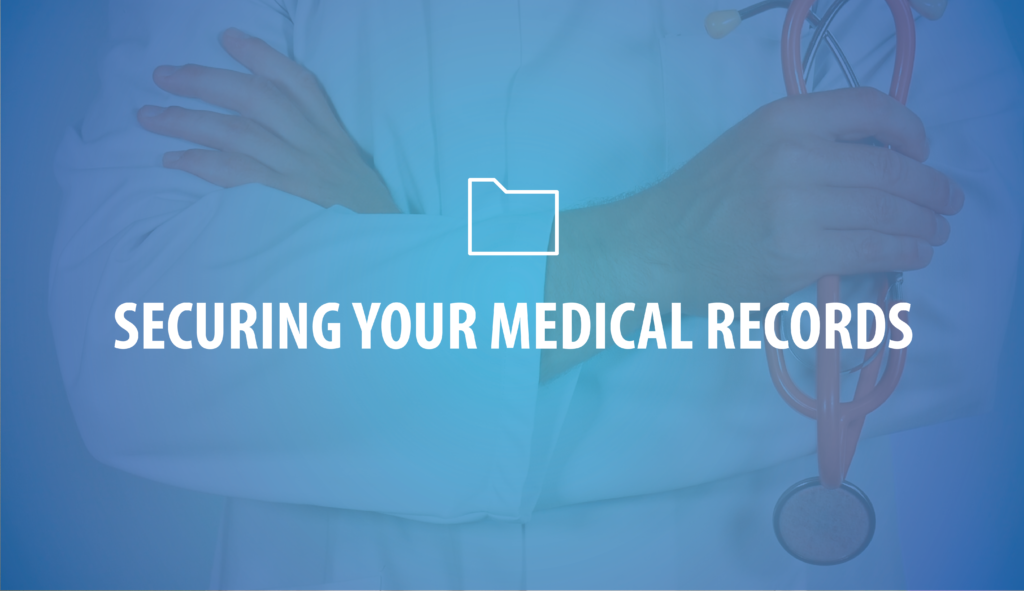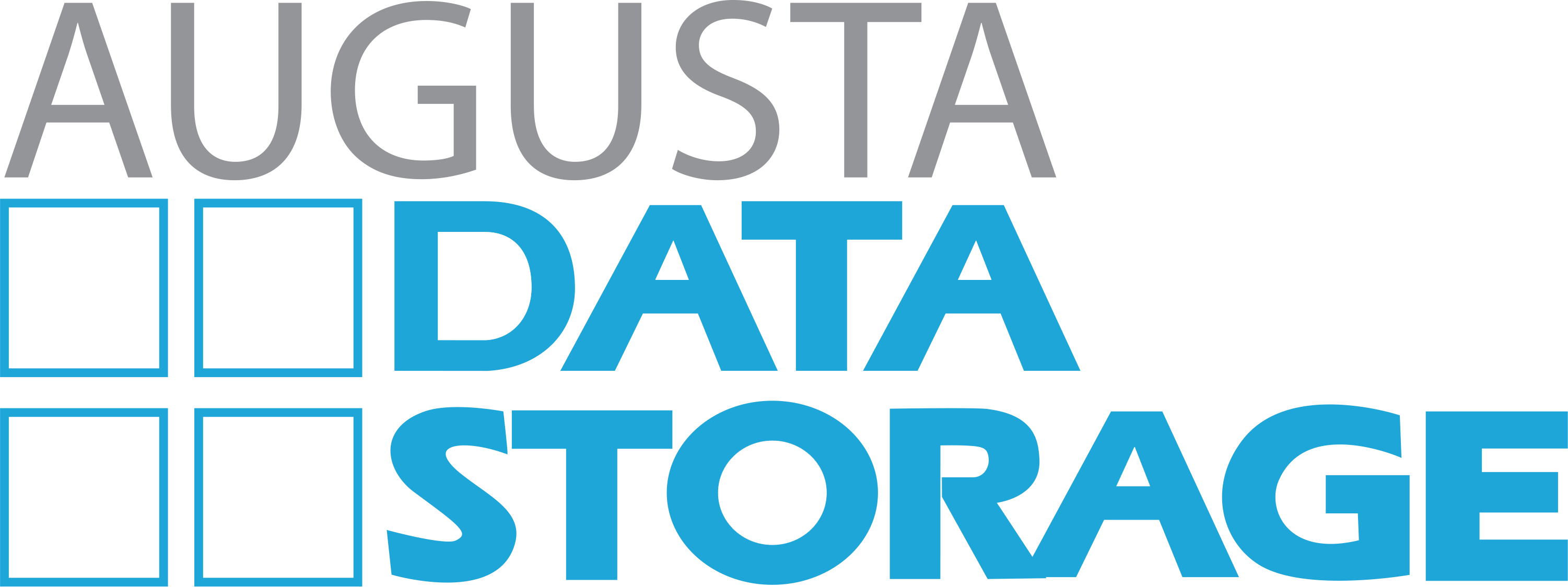Securing Your Medical Records

Protecting Medical Records
It’s no secret that identity theft remains a threat, especially in our highly digital society. One of the major focuses of identity thieves is medical records, which they can use to carry out a variety of fraudulent activities including things like credit fraud and insurance fraud.
For many healthcare providers, it’s no secret that patient records and data are some of the most valuable assets and voluminous risk factors in your organization. Here are a few points to consider when working to ensure the appropriate protection of your medical records.
HIPAA and Medical Records
Personal health information contains intimate data regarding medical history, finances and contact information (making them hot items on black markets). To protect the healthcare industries from fraud and theft, HIPAA maintains accountability by enforcing guidelines that ensure sensitive patient information remains confidential.
IN 2019 alone, over 41 million patient records were breached, with a single hacking incident involving over 21 million.
With medical records holding so much private information, unsecured data could cost you fines of $50,000+ and in some cases, imprisonment. While many states, counties and municipalities have their own privacy laws and legislation, there are specific laws by industry segment too.
Why Protecting Medical Records Matters
The protection of health information remains in place to reduce the crimes associated with personal data, such as identity theft, extortion and misrepresentation.
Besides the obvious unauthorized disclosure of sensitive patient data, the protection of medical records also enforces numerous repercussions. Civil penalties include fines of up to $25,000, while criminal violations can result in prison terms.
Further discipline often includes sanctions from professional boards, suspension, loss of license, and more. Without document security protocols in place, you and your patients could be at great risk.
What Risks do Medical Records Face?
Unsecured medical records are more likely to be infringed upon, but even secured data retains the risk of exposure. Here are a few main offenders you can expect:
Cost. Budgetary constraints against establishing and maintaining professional security protocols may roadblock compliance.
Cyber Attacks. Criminals often manipulate systems into providing sensitive data through unsecured networks.
Equipment. Outdated and unsecured equipment can leave your patients information exposed when breached or misplaced.
Unauthorized Access. Loose security could mean individuals have the opportunity to steal data physically and electronically.
Poor Training. Employees who are untrained on proper procedures may leave sensitive data unsecured.
Fraud. Members may obtain and abuse data from within.
No matter the risks, industries must fully account and prepare for any gaps discovered in their chain of security, or face the possibility of a breach.
What Happens When HIPAA Is Breached?
A breach occurs when protected information is compromised. When unsecured medical documents are breached, you could face criminal charges including fines and imprisonment. Following a breach, entities are required to notify the affected individuals, the Secretary of the U.S. Department of Health and Human Services (HHS), and in some cases the media. When assessing a breach, the following factors must be determined:
1. The nature and extent of the protected health information involved, including the types of identifiers and the likelihood of re-identification;
2. The unauthorized person who used the protected health information or to whom the disclosure was made;
3. Whether the protected health information was actually acquired or viewed; and
4. The extent to which the risk to the protected health information has been mitigated.
How Do You Protect Active & Inactive Records?
Protect active and inactive records by prioritizing information security. If you’re concerned your medical records are compliant, review the legislation for your area. Create a Risk Assessment to identify and map your path towards compliance.
Implement safe storage that ensures physical records are kept from environmental hazards such as humidity and water. Secure your file rooms with entry monitoring systems, and establish a contingency plan for accessing data amidst emergency scenarios. Finally, establish a retention schedule that identifies the lifespan secure documents must be held before destruction.
How Long Do You Keep Medical Records?
There are various medical record types which federal law doesn’t provide specific retention times for, however HIPAA does require these records to be retained for six years from the time it was last in effect. HIPAA’s 6 year standard can preempt state laws that require shorter retention times, but state laws may require more, and must be accounted for when determining record life. Entities should always consult with their information officer and attorney or other industry experts for clarification.
Recording the Storage & Destruction of Health Information
Maintaining a storage and destruction log streamlines information management while ensuring compliance under HIPAA and state laws. Physical documents should be stored with labels clarifying their retention times. Once expired, your storage partners will handle the secure destruction of your medical records and provide you with a certificate of destruction.
Digital information should be configured through its management system to be automatically deleted once the expiration date arrives. Eventually, the harddrives should be professionally shredded to avoid cybersecurity breaches. Secure destruction of harddrives are also afforded certificates, building your record and establishing evidence of your compliance while preventing sensitive information from being discarded prematurely.
To learn more about how Augusta Data Storage can help your organization with secure storage and destruction of your medical records, contact one of our experts today.
